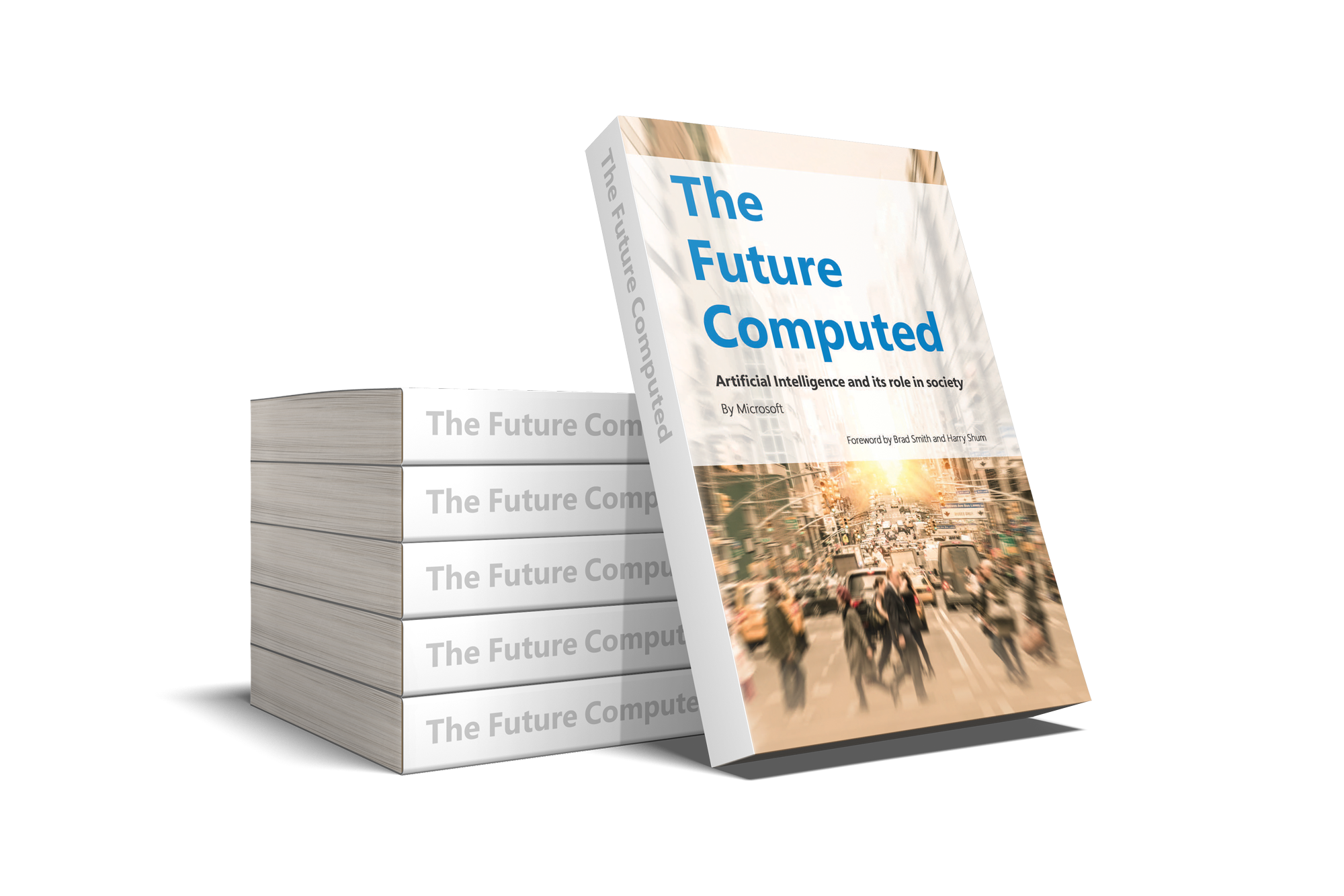
The old school adopters who firmly believed that all tokens and offerings should be based on a “game-changing” software-based utopian utility platform creating borderless financial technologies and instruments are now bearing witness to more than 50% of those projects being in ruins or reported on as blatant money grabs. Its only funny money, right? Until you lose it. Slick websites, vaporware prototypes and teams that either have no proven track record or were often fake, promising great returns, but without an understandable or executable plan to monetization. Internet Deja Vu all over again, a la 2000 anyone? And just like in 2000, the industry is beginning to shift to real business, with real business plans, with real proven profitable business models backed by verifiable hard assets and being offered as Security Token Offerings (STO). For the market to continue to mature into an alternative digital economic model for the future, this old school way of thinking “utility only” will need to evolve to be more accepting of asset-backed tokens and offerings. With regulations on the rise and token sales from 2017 literally in shambles, both existing and new investors entering the crypto space are becoming more risk averse
The State of Enterprise Mobility in 2018: Five Key Trends

Samsung recently commissioned Oxford Economics to conduct an in-depth study into the state of enterprise mobility in 2018, focusing in particular on the differences between organizations who have adopted Bring Your Own Device (BYOD) policies and those who have chosen to provide mobile devices to their workforce. The research, based on survey of 500 senior IT and business leaders and in-depth interviews, also quantifies the total investment in mobile-enablement for the enterprise, highlighting areas for cost-efficiency and the strategies that deliver the greatest return on investment. The study turned up some thought-provoking findings and I’d encourage business leaders involved in setting mobile policies to download the full report or register for the webinar with Oxford Economics to learn more. ... Unsurprisingly, most companies that have opted for a BYOD approach have done so because of the perceived cost savings. These savings can be significant when employees pay for their own mobile service plans, but the survey revealed that increasingly enterprises are providing employees a hefty stipend to compensate for personal mobile usage. In many cases, this stipend wipes out the savings achieved.
The Advent of a New Synergy: the Blockchain & Cloud
A Blockchain based Distributed Cloud will guarantee trust, security and transparency, speed up processes, and keep accurate records that can be accessed by the relevant stakeholders via cloud. This will promote the demand for cloud based services in industries such as real estate, healthcare, banking among others. Blockchain based cloud can help real estate agents and homeowners store property information in a central place, so that anyone with interest in buying and selling property can easily access it. This will cut hours of phone calls, paper pushing, prevent fraud and eliminate middlemen. It can also help address medical data integrity and security in terms of patient information, reduction of errors and fraud and promote transparency. It can have significant impact in tracking and protecting personal healthcare information. It can also address the privacy issue of medical billing logs from a financial angle. Thus, it will not only protect clinical data, but also tell transactions costs, making it harder for healthcare institutions and insurance companies to commit fraud or make errors.
Understanding the Varieties of .NET

.NET Standard 2.0, the latest version, has a very broad API coverage, but numerous missing APIs still exist. It pretty much covers .NET Core, but leaves out a fair amount of .NET Framework. Of course, there’s nothing keeping you from targeting those missing APIs, but then you’re targeting .NET Framework, not .NET Standard, and you’re locked into it until you get rid of those API calls. If you’re writing a new set of libraries, I would recommend trying to target .NET Standard. If you do, your libraries will run on .NET Framework, .NET Core, or Xamarin, with no additional effort. You will of course have to create apps targeted for the specific .NET variants, but if you make the apps small enough, including the GUI-based classes that aren’t supported in .NET Standard, and put most of the functionality in the shared libraries, then you should be able to get the benefits of cross-platform support for as much of your code as possible. Migrating existing .NET Framework code again may be more involved due to the lack of certain APIs, but even there you may be able to migrate as much code as possible to .NET Standard libraries and keep the platform-specific code isolated.
Why Does Artificial Intelligence Scare Us So Much?
Negative feelings about AI can generally be divided into two categories: the idea that AI will become conscious and seek to destroy us, and the notion that immoral people will use AI for evil purposes, Kilian Weinberger, an associate professor in the Department of Computer Science at Cornell University, told Live Science. "One thing that people are afraid of, is that if super-intelligent AI — more intelligent than us — becomes conscious, it could treat us like lower beings, like we treat monkeys," he said. "That would certainly be undesirable." However, fears that AI will develop awareness and overthrow humanity are grounded in misconceptions of what AI is, Weinberger noted. AI operates under very specific limitations defined by the algorithms that dictate its behavior. Some types of problems map well to AI's skill sets, making certain tasks relatively easy for AI to complete. "But most things do not map to that, and they're not applicable," he said. This means that, while AI might be capable of impressive feats within carefully delineated boundaries — playing a master-level chess game or rapidly identifying objects in images, for example — that's where its abilities end.
Traditional ERP Falls into the Arms of Cloud

"Enterprises have been embarking on a journey of digital transformation for many years," Microsoft Vice President for Azure Girish Bablani wrote in a blog post listing the benefit of SAP's offerings on Microsoft's cloud platform Azure. "For many enterprises, this journey cannot start or gain momentum until core SAP Enterprise Resource Planning landscapes are transformed." Microsoft wants to be the cloud choice of those SAP customers. Bablani noted that SAP customers including Penti, Malaysia Airlines, Guyana Goldfields, Rio Tino, Co-op, and Coats have all migrated to the cloud on Azure. For its part, Microsoft right now looks like the success story of an early technology company that has made the transition to the cloud and the new digital economy. Under a new cloud-minded CEO (who is not a company founder) Microsoft has made some progressive acquisitions including the R company Revolution Analytics, careers social network LinkedIn, and now GitHub. It also operates a successful public cloud and has transitioned its popular Office software into a cloud service as Office 365.
Could blockchain have solved the mystery of the romaine lettuce E. coli outbreak?
Not long ago, Yiannas, who guards the integrity of food in Walmart’s $280-billion grocery empire, would have brushed off the notion of an instantly “knowable” and verifiable food chain as fantasy. He heard about it two years ago, when Walmart was about to open a food safety institute in China, where 10 years ago a baby formula adulteration scandal sickened 54,000 babies. “Up until that point I only knew that it was the technology behind bitcoin,” Yiannas said. “I will tell you I was a bit of a skeptic, just like many people are about the technology.” Blockchain, for all its cloak-and-dagger associations, is basically a democratized accounting system made possible by advances in data encryption. Rather than storing proprietary data behind traditional security walls, companies contribute encrypted blocks of data to a “distributed” ledger that can be monitored and verified by each farmer, packer, shipper, distributor, wholesaler and retailer of produce. No one can make a change without everyone knowing, and agreeing to it.
The Future Computed: Artificial Intelligence and its role in society

Beyond our personal lives, AI will enable breakthrough advances in areas like healthcare, agriculture, education and transportation. It’s already happening in impressive ways. But as we’ve witnessed over the past 20 years, new technology also inevitably raises complex questions and broad societal concerns. As we look to a future powered by a partnership between computers and humans, it’s important that we address these challenges head on. How do we ensure that AI is designed and used responsibly? How do we establish ethical principles to protect people? How should we govern its use? And how will AI impact employment and jobs? To answer these tough questions, technologists will need to work closely with government, academia, business, civil society and other stakeholders. At Microsoft, we’ve identified six ethical principles – fairness, reliability and safety, privacy and security, inclusivity, transparency, and accountability – to guide the cross-disciplinary development and use of artificial intelligence. The better we understand these or similar issues — and the more technology developers and users can share best practices to address them — the better served the world will be as we contemplate societal rules to govern AI.
Forward Secrecy’s day has come – for most. The cryptographic technique (sometimes called Perfect Forward Secrecy or PFS), adds an additional layer of confidentiality to an encrypted session, ensuring that only the two endpoints can decrypt the traffic. With forward secrecy, even if a third party were to record an encrypted session, and later gain access to the server private key, they could not use that key to decrypt a session protected by forward secrecy. Neat, huh? Forward secrecy thwarts large-scale passive surveillance (such as might be conducted by a snooping nation state or other well-resourced threat actor) so it is seen a tool that helps preserve freedom of speech, privacy, and other rights-of-the-citizenry. It is supported and preferred by every major browser, most mobile browsers and applications, and nearly 90% of TLS hosts on the Internet, according to a recent TLS Telemetry report (PDF). The crypto community applauds forward secrecy’s broad acceptance today. While forward secrecy foils passive surveillance, it also complicates inspection for nearly every SSL security device currently in existence.

Like any digital transformation technology, the biggest driver will come from the need to remain secucompetitive. Blockchain is not only about security, it's also about transparency and eliminating mediators, which translates to cost effectiveness and higher return on investment for both vendors and end users. Those service providers that ignore the technology — and overlook fortifying, enhancing, and accelerating their services with it — will be left behind. ... Tech giants such as SAP and IBM are testing the water, especially the latter with public- and finance-sectorpilot projects. However, blockchain brings a huge opportunity to startups in the CEE region, where government support and advanced skills can offer a fertile ground for things to really happen. DX is about fast progress and agility — the tech giants’ size and legacy is not an advantage here! ... Blockchain is often confused with the volatility and craziness of cryptocurrency, even among technology professionals and enthusiasts. This is related to the nature of trading and mining those currencies as a product, and not to blockchain as technology. Development and adoption levels for blockchain vary across the CEE region, from initiatives and discussion
Quote for the day:
"If you don't demonstrate leadership character, your skills and your results will be discounted, if not dismissed." -- Mark Miller

No comments:
Post a Comment